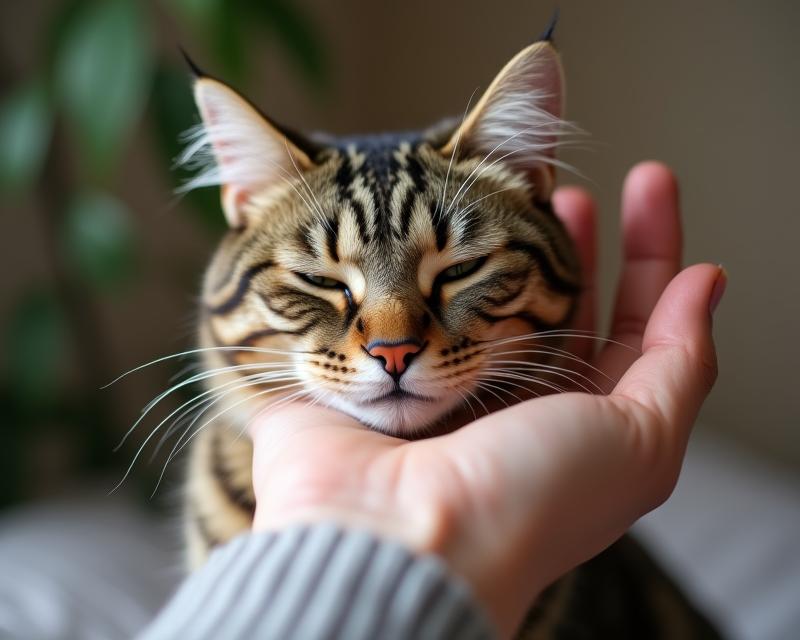Senior Cat Kidney Health: Early Signs
Publish in Health el 30/06/2025 23:38
Recognizing Early Signs of Kidney Disease in Senior Cats
As our feline friends gracefully age, it's crucial for us to be extra vigilant about their health. One of the most common health concerns in senior cats is kidney disease. Early detection is key to managing the condition and improving your cat's quality of life. Here's what you need to know about recognizing the early warning signs.

What is Kidney Disease?
Kidney disease happens when the kidneys gradually lose their ability to filter waste and excess fluid from the blood. This can be caused by various factors, including age-related changes, infections, toxins, and inherited conditions. Because kidneys play a vital role in overall health, kidney disease can lead to a range of problems if left untreated.
Early Warning Signs to Watch For
The good news is that kidney disease often develops slowly, allowing for early detection. Here are some subtle signs to be aware of:
- Increased Thirst: A sudden increase in water consumption is a common early indicator. Your cat might seem constantly thirsty.
- Increased Urination: This often goes hand-in-hand with increased thirst. Your cat may be going to the litter box more frequently, or producing larger volumes of urine.
- Changes in Appetite: Some cats with kidney disease lose their appetite, while others may experience changes in their food preferences.
- Weight Loss: Despite eating normally (or even more), your cat may start to lose weight.
- Lethargy: A decrease in energy levels and a general lack of enthusiasm are common signs. Your cat might sleep more than usual.
- Vomiting and Diarrhea: These can occur as a result of the build-up of toxins in the body.
- Bad Breath: Kidney disease can cause a buildup of waste products in the bloodstream, leading to a distinct ammonia-like odor on the breath.
What to Do If You Suspect Kidney Disease
If you notice any of these signs in your senior cat, it's essential to schedule a visit with your veterinarian right away. A vet can perform blood and urine tests to assess your cat's kidney function. Early diagnosis allows for timely intervention, which may include dietary changes, medication, and fluid therapy. While there is no cure for kidney disease, proper management can significantly improve your cat's comfort and lifespan. Don't hesitate to seek professional help – your cat will thank you for it!
Prognosis
With early detection and proper management, many cats with kidney disease can live comfortable lives for months or even years. Regular veterinary check-ups are crucial for monitoring the condition and adjusting treatment as needed. Providing a supportive and loving environment can also help your senior cat cope with the challenges of kidney disease.





